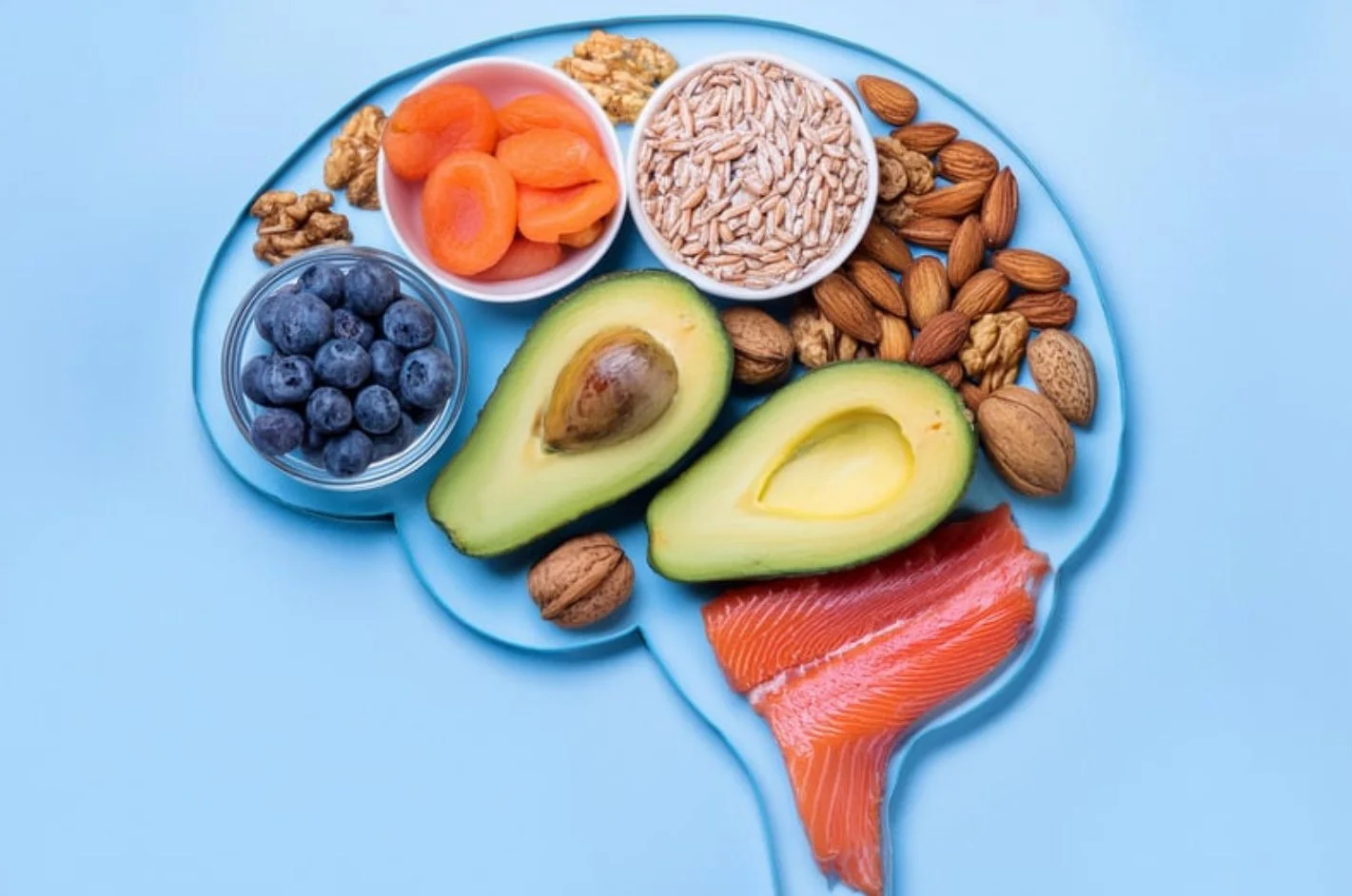
MOOD & BRAIN HEALTH
Mood & Brain Health
Brain health isn’t just about memory or cognition—it’s about how clearly you think, how you process emotions, how well you sleep, and how steady or reactive you feel throughout the day. Your brain is deeply connected to the rest of your body. When inflammation, infections, toxins, or hormone imbalances are present, the brain often feels it first.
Symptoms like brain fog, low mood, anxiety, or fatigue aren’t separate issues—they’re often signals that deeper systems are out of balance.
Common Brain & Mood Concerns We Address:
Brain fog or difficulty concentrating
Fatigue and low motivation
Depression or apathy
Anxiety, restlessness, or panic
Irritability or emotional reactivity
Sleep disruptions or insomnia
Post-concussion symptoms and TBI (traumatic brain injury)
Mood swings related to hormone cycles
Cognitive slowing or word-finding difficulty
Sensory sensitivity or overstimulation
Mental health changes after mold exposure, illness, or infection
Why Brain Health Is a Whole-Body Issue
Your brain and mood are regulated by multiple systems:
The gut-brain axis influences neurotransmitters like serotonin and dopamine
The immune system can create inflammation in the brain (neuroinflammation)
The nervous system governs stress responses and emotional regulation
Hormones—especially estrogen, progesterone, thyroid, and cortisol—impact mood and brain chemistry
Environmental toxins, mold, Lyme, and viruses can trigger or worsen brain-related symptoms
Sleep, blood sugar, and mitochondrial function all affect mental clarity and stability
When any of these systems are out of sync, it can lead to mental and emotional symptoms that feel hard to explain—and even harder to manage with medication alone.
Our Approach
We look beyond the brain in isolation and explore the interconnected systems influencing your mental clarity, energy, focus, and emotional balance.
We begin by understanding:
Your symptom patterns and history
Triggers like stress, infections, head injuries, or mold exposure
Gut health and digestion
Hormonal rhythms (cortisol, thyroid, estrogen, progesterone)
Nervous system sensitivity and resilience
Sleep quality, blood sugar, and inflammatory load
-
Neurotransmitter markers and nutrient cofactors
Cortisol rhythm testing (saliva or urine)
Mycotoxin, heavy metal, or chronic infection panels
Gut microbiome and permeability testing
Inflammatory markers and mitochondrial function
Thyroid, sex hormones, and blood sugar regulation
-
Nutrients for brain chemistry (B vitamins, magnesium, omega-3s, zinc)
Adaptogens and amino acids to support neurotransmitter balance
Gut-healing protocols to restore the gut-brain connection
Mitochondrial support for brain energy (CoQ10, PQQ, acetyl-L-carnitine)
Antioxidants to calm neuroinflammation (curcumin, resveratrol, glutathione)
Mycotoxin binders or antimicrobial herbs when mold or infections are involved
-
Acupuncture helps regulate the autonomic nervous system, improving vagus nerve tone, lowering cortisol, and increasing endorphins and serotonin. It’s often used to support:
Anxiety, panic, and emotional dysregulation
Insomnia and restless sleep
Post-concussion symptoms and focus issues
Fatigue and burnout
PMS- or menopause-related mood shifts
Recovery from long-term stress or trauma
Traditional Chinese Medicine also addresses imbalances in the Heart, Liver, and Spleen meridians, which correspond to emotional regulation, mental clarity, and groundedness.
-
Our time together is unhurried, thoughtful, and built around seeing the whole picture—not just individual symptoms. We look for patterns, address root causes, and create a healing strategy that’s fully personalized to you.
Whether you’re navigating anxiety, recovering from a concussion, or trying to sharpen focus and stabilize your mood, this approach brings the whole body into the conversation. Schedule an appointment with Dr. Dawna Ara to discuss your unique concerns and to develop a comprehensive and personalized treatment plan for your symptoms.
